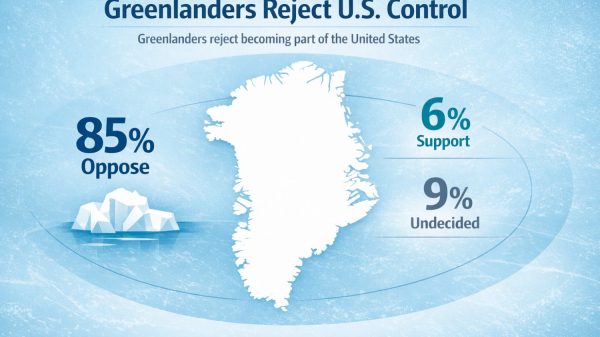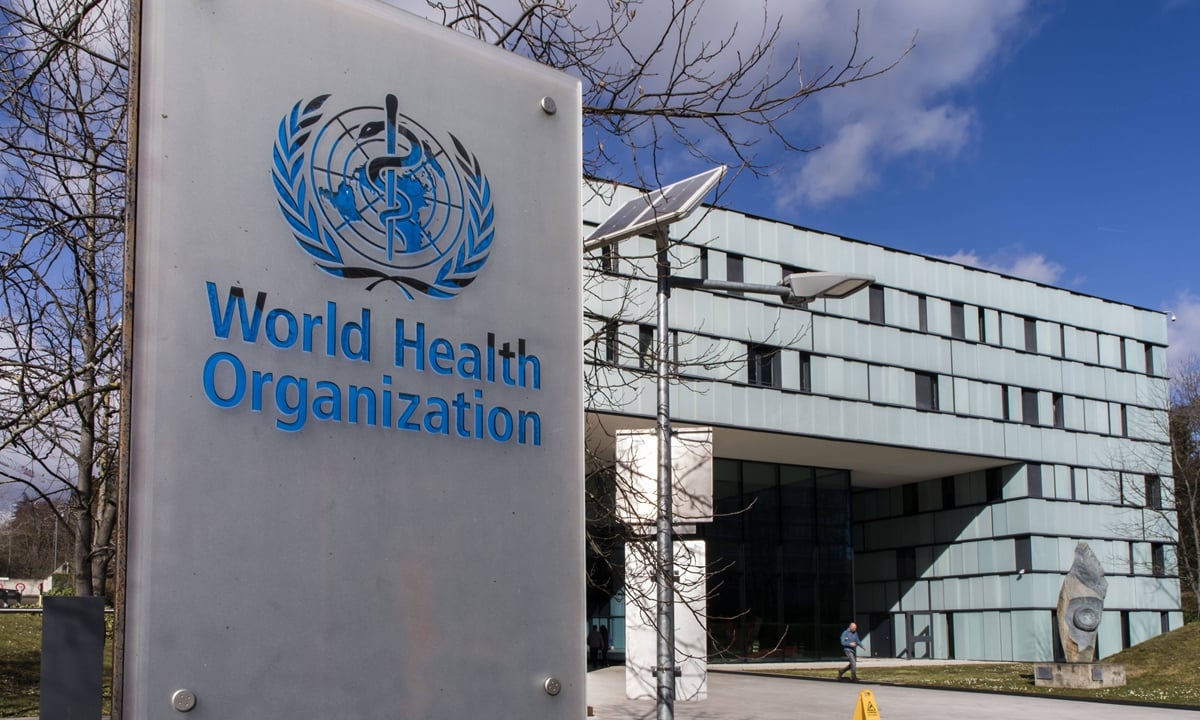Internal documents expose how Brussels officials attempted to use a UN health conference to impose continent-wide bans on e-cigarettes, nicotine pouches and all alternative nicotine products, despite EU governments explicitly rejecting the plan.
A Prohibition Scheme Conceived in Brussels, Activated in Geneva
A leaked EU negotiation document from the COP11 WHO Framework Convention on Tobacco Control (FCTC) meeting in Geneva has exposed a covert attempt by the European Commission (DG SANTE) and the Danish EU Council Presidency to force through a sweeping, unprecedented prohibition on all novel nicotine products.
The plan includes bans on:
- manufacturing
- importation
- distribution
- sale
- presentation
- and even use
of e-cigarettes, nicotine pouches, heated tobacco products, synthetic nicotine and any “emerging” nicotine products, essentially every alternative to cigarettes currently available in Europe. The shocking part? EU governments had explicitly rejected these bans last week during COREPER I in Brussels. Yet at COP11, the Commission and the Danish Presidency reinserted the bans anyway and attempted to commit Europe to them internationally, outside any democratic scrutiny.
EU Commission and Danish Presidency at the Centre of the Storm
The document shows beyond doubt that the Commission and the Danish EU Council Presidency directed EU negotiators in Geneva to support prohibition language that Member States had removed. This is not bureaucratic error. It is a deliberate attempt to bypass the EU’s own decision-making process. A senior diplomat contacted by EU Reporter described it as: “A direct violation of mandate. The Commission and the Presidency have crossed a red line.”
The Human Cost: Over One Million Jobs on the Line
This development threatens the future of a sector, influencing economic activities and job opportunities across the EU. It also impacts significant tax revenues and concerns products like heated tobacco, e-cigarettes, and nicotine pouches. These products are crucial in promoting the reduction of tobacco use and minimizing exposure to tobacco smoke among smokers who would otherwise continue smoking. The prohibition plan would obliterate an entire European industry, eliminating:
- over 1,000,000 jobs in manufacturing, flavour chemistry, logistics, retail and distribution
- tens of thousands of SMEs
- family-run vape shops
- major equipment producers
- supply chains in Poland, Italy, Czechia, Germany, Netherlands, Croatia and the Baltics
The Smoking Gun: The Internal EU Document
The internal text shows the EU delegation being instructed to:
“Prohibit or restrict the manufacture, importation, distribution, presentation, sale and use of all novel and emerging nicotine products.”
This is followed by two extraordinary “fallback clauses” that would allow the Commission and Presidency to:
➤ Approve the prohibition at COP11 even if Member States object
➤ Endorse a text that contradicts the EU mandate agreed only days earlier
A Deliberate Attempt to Use the UN to Rewrite EU Law
Multiple officials across three delegations told EU Reporter the same story:
The Commission and Danish Presidency are attempting to use COP11 to force the EU into a prohibition regime, then argue later that EU legislation “must comply” with the international decision.
One senior official said: “This is an attempt to legislate for Europe through Geneva. It is unacceptable.”
Another was more direct: “If this succeeds, it’s the biggest procedural scandal in EU public-health policy in a decade.”
DG SANTE’s Anti–Harm Reduction Position Embedded in the Text
The document also instructs Parties to “firmly reject all claims of ‘harm reduction’ or ‘reduced risk’.”
This language:
- contradicts evidence from Sweden, the UK, and independent researchers
- delegitimises health professionals
- reclassifies harm reduction as “industry interference”
- blocks future scientific debate
A medical expert told EU Reporter:
“This is ideological prohibitionism. Not public health.”
Member States Furious – A Breakdown of Trust Inside the EU Delegation
Delegations from several EU countries refused to endorse the fallback strategy, warning it was politically illegitimate, economically reckless and institutionally dangerous.
Some capitals are preparing formal complaints against the Presidency’s handling of the file. One diplomat said: “This was not a miscommunication. This was an attempted end-run around the Member States.” Another added: “We are watching the Commission and the Presidency undermine the Council. This is a constitutional issue now.”
What Happens Next?
With over one million jobs at stake, and the credibility of EU governance hanging in the balance, the next 24-48 hours will be decisive.
Possible outcomes:
- Member States publicly disown the EU’s position at COP11
- A formal correction of mandate
- A diplomatic confrontation with the Commission
- An emergency intervention by the capitals to stop the prohibition
- A political investigation into mandate misuse
If the Commission and Danish Presidency continue to push the prohibited text through COP11, the EU could face one of the biggest internal political ruptures since the Tobacco Products Directive (TED) battles a decade ago.
A Crisis of Governance – Not Just Public Health
The issue now extends far beyond questions of nicotine, vaping, or harm reduction. At its heart, this is a story about a profound breakdown in governance. It involves mandate violations, attempts to legislate through international bodies rather than through democratically accountable institutions, and actions that amount to economic sabotage affecting more than a million EU citizens. It reflects a pattern of democratic bypassing and institutional overreach that is deepening an already-serious trust crisis within the EU’s decision-making system.
The European Commission, together with the Danish Presidency, has been exposed attempting to push through one of the most sweeping prohibitions in the history of the European Union. This effort was undertaken without proper approval, meaningful transparency, or evident consideration of the human impact or economic consequences. Such actions raise troubling questions about how decisions are being made, who is making them, and whether the foundational principles of accountability and democratic legitimacy are being respected. Europe deserves clear answers. And it deserves accountability.














































